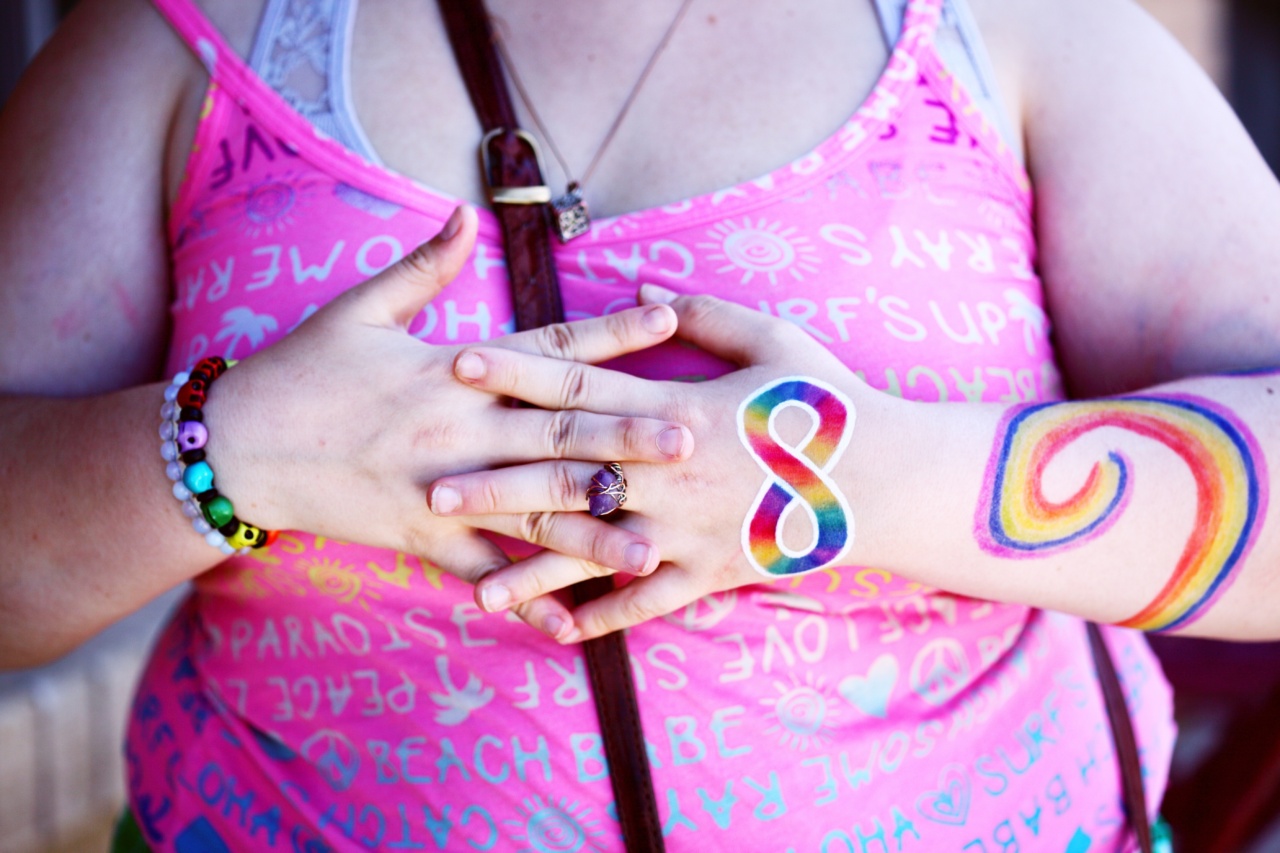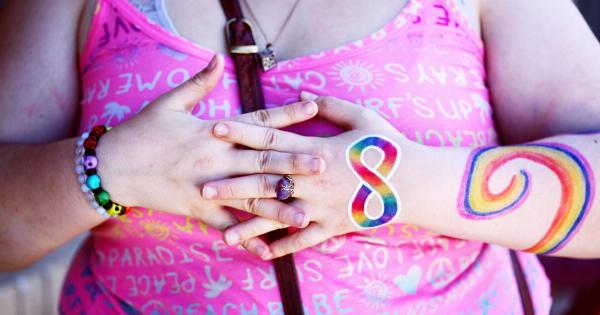Autism Spectrum Disorder (ASD) is a neurological disorder, which affects a person’s social interactions, communication skills, and behavior.
It is a spectrum disorder because it can range from mild to severe and can affect people in many different ways. People with ASD are often referred to as being on the autism spectrum.
What causes Autism Spectrum Disorder?
The exact cause of ASD is still unknown, but it is believed that a combination of genetic and environmental factors may increase the risk of developing the disorder.
Studies have suggested that autism may be caused by a combination of genetic changes, mutations, and environmental factors such as infections during pregnancy, exposure to chemicals, or poor nutrition.
What are the signs and symptoms of Autism Spectrum Disorder?
Autism spectrum disorder affects individuals in different ways, so it can be difficult to identify the condition. However, some common signs and symptoms of ASD include:.
- Difficulty with social interactions
- Delayed language development
- Repetitive behaviors or routines
- Difficulty with communication
- Sensitivity to light, sound, or touch
- Poor eye contact
How does Autism Spectrum Disorder affect sexual attraction?
The relationship between ASD and sexual attraction is complex and still not fully understood.
Research has suggested that people with ASD experience sexual attraction in the same way as neurotypical people, but they may have difficulty with social interactions and communication, which can affect their ability to form romantic relationships.
People with ASD may struggle with understanding social cues, making it difficult to read signals from partners or initiate sexual relationships.
They may also have difficulty with nonverbal communication, such as body language or tone of voice, which can affect their ability to communicate their own sexual desires or understand their partner’s desires.
Additionally, people with ASD may experience sensory sensitivities that can affect their ability to engage in sexual activity.
They may be sensitive to touch, sound, or other stimuli that are present during sexual activity and can feel overwhelming or uncomfortable.
What Is Unique?: Sexuality and Autism Spectrum
People with ASD may have some unique experiences when it comes to sexuality. For example, some people with ASD may have intense and obsessive interests or behaviors which can manifest in sexual fantasies or desires.
This can be misunderstood and misinterpreted by partners, leading to confusion and miscommunication.
People with ASD may also struggle with body image and self-esteem, which can affect their willingness to engage in sexual activity.
They may feel uncomfortable or anxious about their body or have difficulty with intimacy due to their social communication difficulties.
Tips for Supporting People with ASD in Sexual Relationships
If you are in a relationship with someone who has ASD or if you are a professional working with individuals with ASD, there are some tips that can help you create a supportive and understanding environment:.
- Use clear and direct communication
- Be patient and understanding of sensory sensitivities
- Acknowledge and support the individual’s interests and fantasies
- Respect the individual’s boundaries and comfort levels
- Use visual aids and social stories to help with communication and understanding
- Encourage open and honest communication about sexual desires and preferences
- Provide education and resources about sexual health and safety
Conclusion
Autism spectrum disorder can affect individuals in many different ways, including their sexual attraction and ability to form romantic relationships.
People with ASD may struggle with social interactions, communication, and sensory sensitivities, which can affect their ability to engage in sexual activity. Understanding the unique experiences and challenges faced by people with ASD can help create a supportive and inclusive environment for individuals with this disorder.































